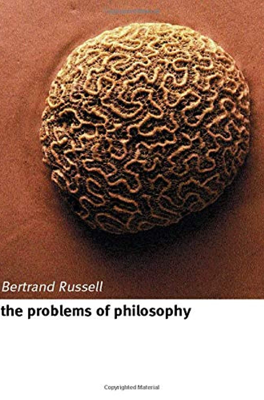The Value of Philosophy
The Value and Impact of Philosophy
Bertrand Russell asserts the importance of studying philosophy not for the definitive answers it may bring, which are often absent, but for the questions it raises. These questions broaden our understanding of what is possible, fuel our intellectual imagination, and temper the dogmatic assurance that often shuts out speculative thought. He criticizes the view held by some, influenced by science or practical activities, who doubt the value of philosophy, dismissing it as trivial or unproductive.
Philosophy’s Indirect Influence on Culture and Perception
While the direct utility of philosophy isn't as apparent as that of the physical sciences, which can influence millions through technological advancements, Russell argues that philosophy's value is found in the profound effect it has on those who study it. Unlike sciences that deliver concrete, practical results, philosophy promotes a cultural and intellectual enrichment that influences quality of life and broad thinking.
Freedom from Prejudice
Philosophy helps individuals break free from prejudices rooted in common sense, habitual beliefs, and the limited perspective of one's environment or upbringing. Russell suggests that philosophy liberates thought from these confines, opening up an endless array of possibilities about the nature of reality and our understanding of it. This liberation from the familiar and the traditional gives philosophy a distinct capacity to free the mind from the constraints of ordinary, everyday judgments and conclusions.
Philosophic Contemplation and Mental Enlargement
Russell lauds philosophic contemplation for providing a viewpoint that encompasses the whole rather than dividing the universe into dualities such as friends versus foes, or good versus bad. This type of contemplation does not seek to mold the universe to fit our preconceptions but encourages the thinker to adapt to the universe’s vast, varied reality. Through philosophic study, the mind, according to Russell, can attain a form of greatness akin to 'seeing as God might see,' which is free from personal bias and closer to true objectivity.
A Broader View on Life and Existence
Delving into philosophy expands one's self-interests to include the broader universe, offering an expansive view that transcends personal and immediate concerns. This broader perspective enables individuals to live a freer and less constrained life. The philosophical approach to life cultivates a form of universal citizenship which fosters a truer form of freedom and a profound sense of peace, distanced from narrow or self-centered fears and desires.
Conclusion on the Purpose of Philosophy
In summary, Russell champions the study of philosophy not for its ability to resolve specific queries conclusively but for its immense capacity to expand the mind and soul. The process of philosophical inquiry fosters a substantial appreciation of the universe’s complexity, diminishing insular thinking and propelling the mind towards a more profound understanding of and connection with the vast expanse of existence. This intellectual venture, while it may not yield immediate practical rewards, enriches the life of the mind, making it capable of embracing the universe in its bewildering variety and scope.
